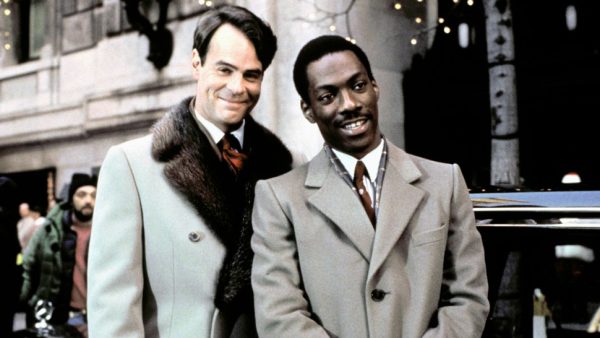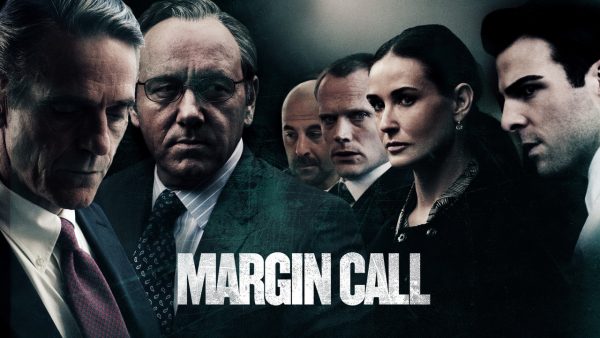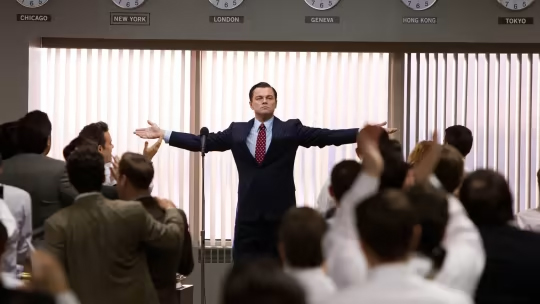
- Trading places cast: Dan Aykroyd, Eddie Murphy, Ralph Bellamy, Don Ameche, Denholm Elliott, Jamie Lee Curtis
- Trading places Director: John Landis
- Screenplay: Timothy Harris and Herschel Weingrod
- Genre: Comedy
- Release date: December 15, 1983
- Box office: $68.4 million
In the realm of comedy films, few can match the enduring charm and wit of “Trading Places.” Directed by the esteemed John Landis, this 1983 American comedy masterpiece continues to captivate audiences with its hilarious storyline, brilliant performances, and thought-provoking social commentary. Starring the dynamic duo of Dan Aykroyd and Eddie Murphy, along with a talented ensemble cast, “Trading Places” tells a compelling tale of unexpected role reversals and the triumph of character over circumstance.
The Plot: Nature vs. Nurture
At the heart of “Trading Places” lies a bet made by the wealthy Duke brothers, Randolph and Mortimer, played by Ralph Bellamy and Don Ameche respectively. Curious about the age-old debate of nature versus nurture, the Dukes decide to experiment by swapping the lives of two individuals from contrasting backgrounds. Enter Louis Winthorpe III (Dan Aykroyd), a privileged commodities broker, and Billy Ray Valentine (Eddie Murphy), a street-smart hustler.
The Dukes orchestrate a scheme where Louis is framed for theft and subsequently loses his job, while Billy Ray is given the opportunity to experience the life of luxury and success. As the story unfolds, both men face unexpected challenges and discover hidden talents within themselves. The film cleverly explores the themes of social inequality, personal growth, and the resilience of the human spirit.
Resilience and Redemption
“Trading Places” excels in portraying the resilience and redemption of its characters. Louis Winthorpe III, stripped of his wealth and status, finds himself thrust into a harsh and unfamiliar world. Through sheer determination and resourcefulness, Louis adapts to his new circumstances, ultimately proving his intelligence and integrity. Aykroyd’s nuanced performance brings depth to the character, making Louis a relatable protagonist audiences can root for.
In contrast, Billy Ray Valentine initially revels in his newfound prosperity but gradually discovers the emptiness of material wealth. Underneath his streetwise exterior, Eddie Murphy’s portrayal of Billy Ray exhibits vulnerability, showcasing the character’s growth and moral compass. The chemistry between Aykroyd and Murphy is a highlight of the film, contributing to its comedic brilliance.
Impact and Cultural Significance
“Trading Places” struck a chord with audiences upon its release and continues to resonate with viewers of all generations. With its witty dialogue, sharp social commentary, and memorable moments, the film has cemented its status as a timeless classic. Its success at the box office, grossing over $68.4 million against a modest budget, is a testament to its widespread appeal.
Eddie Murphy’s breakout performance as Billy Ray Valentine launched him into stardom, leading to a string of successful films that showcased his comedic prowess. Likewise, director John Landis solidified his reputation as a master of comedy, going on to helm other iconic movies. The impact of “Trading Places” on popular culture cannot be overstated, as it introduced catchphrases like “It’s a jungle out there” and contributed to the lexicon of film quotes.
The Legacy Lives On
Decades after its release, “Trading Places” remains a beloved comedy film cherished by fans worldwide. Its timeless humor and thought-provoking themes ensure its relevance in the ever-changing landscape of entertainment. The film continues to inspire new generations of filmmakers, actors, and comedy enthusiasts.
Overall, “Trading Places” is an exceptional comedy film that transcends time. With its compelling plot, stellar performances, and profound social commentary, it stands tall among the greatest films of all time. The enduring legacy of this cinematic gem is a testament to the power of quality storytelling and its ability to captivate audiences across generations.




